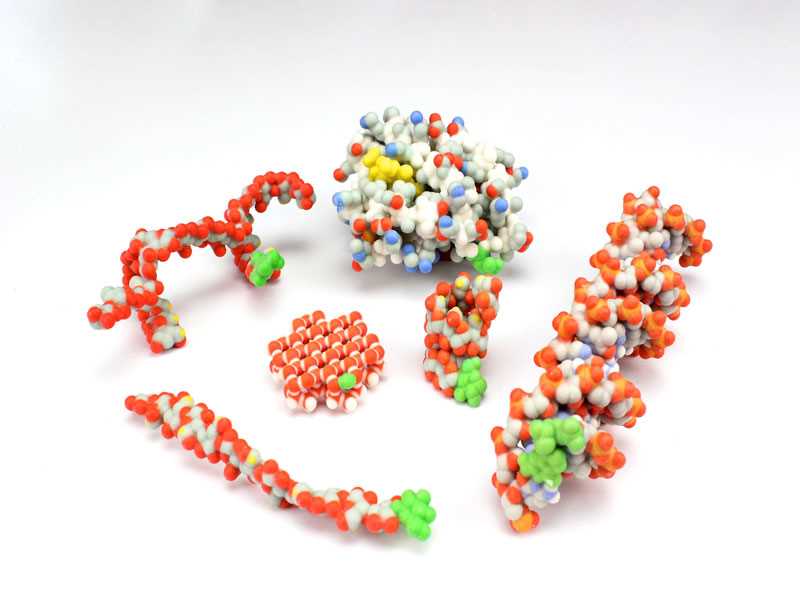Molecular biology studies biology at the molecular level, so it interacts with both microbiology and chemistry in several branches and intersects biochemistry and genetics in several regions and disciplines.
Molecular biology is concerned with the study of the different relationships between all cellular systems, especially the relationship between oxygen-deficient DNA and ribose nucleic acid, the process of protein synthesis, and mechanisms for regulating this process and all biological processes.
Relationship to other biology sciences at the molecular level
Researchers in molecular biology have used specific molecular biology techniques, but with the increasing convergence of these ideas from techniques, genetics, biochemistry and biophysics, although there is no correlation between these areas as before. The following figure represents a relationship diagram between some of these areas.
Biochemistry is the study of the chemicals and biochemical processes that occur in living organisms.
Genetics: is the study of the effect of genetic differences on living organisms.
This can often be inferred from the absence of a natural component (eg, one gene).
Studying "mutants" organisms that lack one or more functional elements in relation to what is called "wild type" or a natural phenotype. Genetic interactions such as "epistasis" can often be dismissed by simple interpretations such as "judge."
Molecular Biology: Studying the molecular bases of transcription, reproduction and genetic translation. The central dogma of molecular biology is that a genetic material copies DNA and then is translated into protein, although there is an overly simplistic picture of molecular biology, and it still provides a good starting point for understanding the field. However, this picture is being revised in the light of new emerging roles.
Outstanding Turkish Universities in Molecular Biology
University of Sabanga








